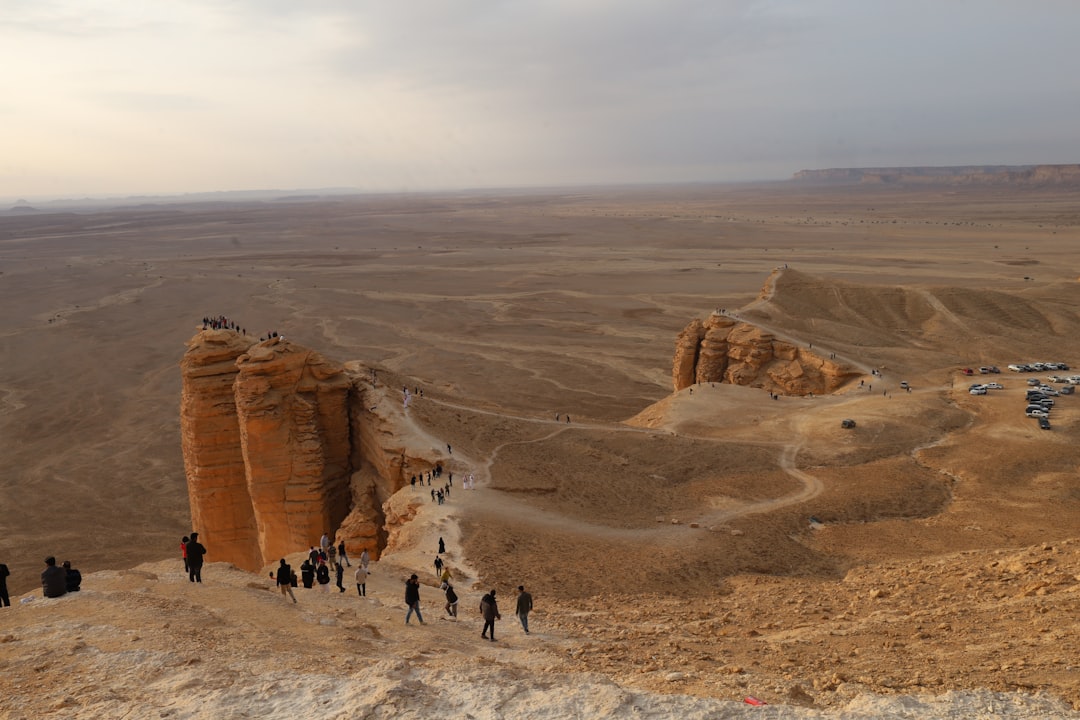The Dragon and the Desert: Is China Turning Iran Into Its Economic Colony?
China’s economic juggernaut on the global stage is impossible to ignore, but nowhere is its vision more controversial than in Iran. As Beijing cements vast deals promising $400 billion in investments and unprecedented levels of oil imports, one cannot help but ask: Is this partnership a historic opportunity for Iran’s revival—or a subtle blueprint for neocolonial domination in disguise?
The Allure of the “Strategic Partnership”
Officially, the 25-year China-Iran agreement is marketed as a win-win for both parties. Iran, battered by sanctions and international isolation, gains investment, technology, and an eager buyer for its embargoed oil. For China, Iran is a jackpot of natural resources and a strategic node in the Belt and Road Initiative (BRI)—the grand design to reshape global commerce with Beijing at its heart.
“For China, securing energy and geopolitical leverage in the Middle East is non-negotiable. For Iran, survival and defiance are on the table.”
— Dr. Sanam Vakil, Chatham House
Two Sides of the Deal: Opportunity or Exploitation?
Let’s unpack the conflicting visions for the China-Iran pact in the table below:
| Perspective | Opportunity | Exploitation |
|---|---|---|
| Iranian government | Lifeline against Western isolation; much-needed investment | Loss of sovereignty; dependence on Beijing |
| Chinese policymakers | Access to resources; regional influence | Risk of global backlash |
| Iranian public | Jobs, infrastructure, hope | Fear of foreign control; exploitative deals |
| Western powers | Opens Iran to trade; stabilizes region (optimistic view) | Undermines sanctions; emboldens autocracy |
The Hidden Costs: What Does Iran Really Trade Away?
- Resource Dependency: China receives cut-rate oil, discounted as much as 32%, locking Iran into “buyer’s remorse” for generations.
- Infrastructure “Debt Traps”: In other BRI countries (e.g., Sri Lanka, Djibouti), opaque loan terms have ensnared governments in obligations they can’t honor. Iran faces similar risks.
- Digital Sovereignty: China’s pitch includes telecommunications upgrades—read: surveillance infrastructure. Will Iran import more than 5G technology, perhaps inheriting state-of-the-art digital authoritarianism?
China’s “Non-Interference” Is Strategic, Not Altruistic
Chinese officials often cite a principle of “non-interference” in others’ affairs. Critics, however, see a double standard. While Beijing shuns moral lectures, it leverages economic power to extract political loyalty—from silence on Xinjiang to backing Chinese foreign policy at the UN.
“Iran doesn’t just sell oil. It sells foreign policy silence. China buys both.”
— Anonymous Iranian reformist
When Cultures Collide: Suspicion vs. Aspiration
Surprising Fact:
Despite massive state propaganda, Iranian social media brims with skepticism—satirical memes, viral hashtags, and bitter jokes dub the agreement “the new Treaty of Turkmenchay,” a painful reminder of historic territorial losses to Russia and Britain.
Contrasting Perceptions:
- In Beijing, the Iran deal symbolizes wise, patient diplomacy and a path to global energy security.
- In Tehran, officials tout “strategic autonomy,” but many citizens worry about a new era of dependency.
Echoes of the Past, Shadows of the Future
China’s interest in Iran isn’t just about oil. It’s about remapping global influence, rewriting the rules of international order, and testing the limits of Western economic warfare. The ethical dilemma: Can a country desperate for salvation in one hand avoid becoming a satellite in the other?
Table: Broader Consequences
| Phenomenon | China-Iran Case | Global Trend |
|---|---|---|
| Economic Sanctions | China circumvents U.S. sanctions via agreements | Rise of multipolar finance, “de-dollarization” efforts |
| Tech Export | Surveillance, telecoms, infrastructure | Export of Chinese “authoritarian tech” globally |
| Energy Politics | Discount oil flows, strategic storage | “Energy as leverage” in great power rivalry |
Final Thoughts: The Paradox of Partnership
The Iran-China economic saga raises uncomfortable questions: Is the real winner in Tehran or Beijing? Do such “strategic” partnerships liberate or enslave? And as traditional Western dominance is challenged, are we seeing the birth of a new, even less accountable world order?
This article was inspired by the headline: 'What are China’s economic interests in Iran?'.

Comments
No comments yet. Be the first to comment!